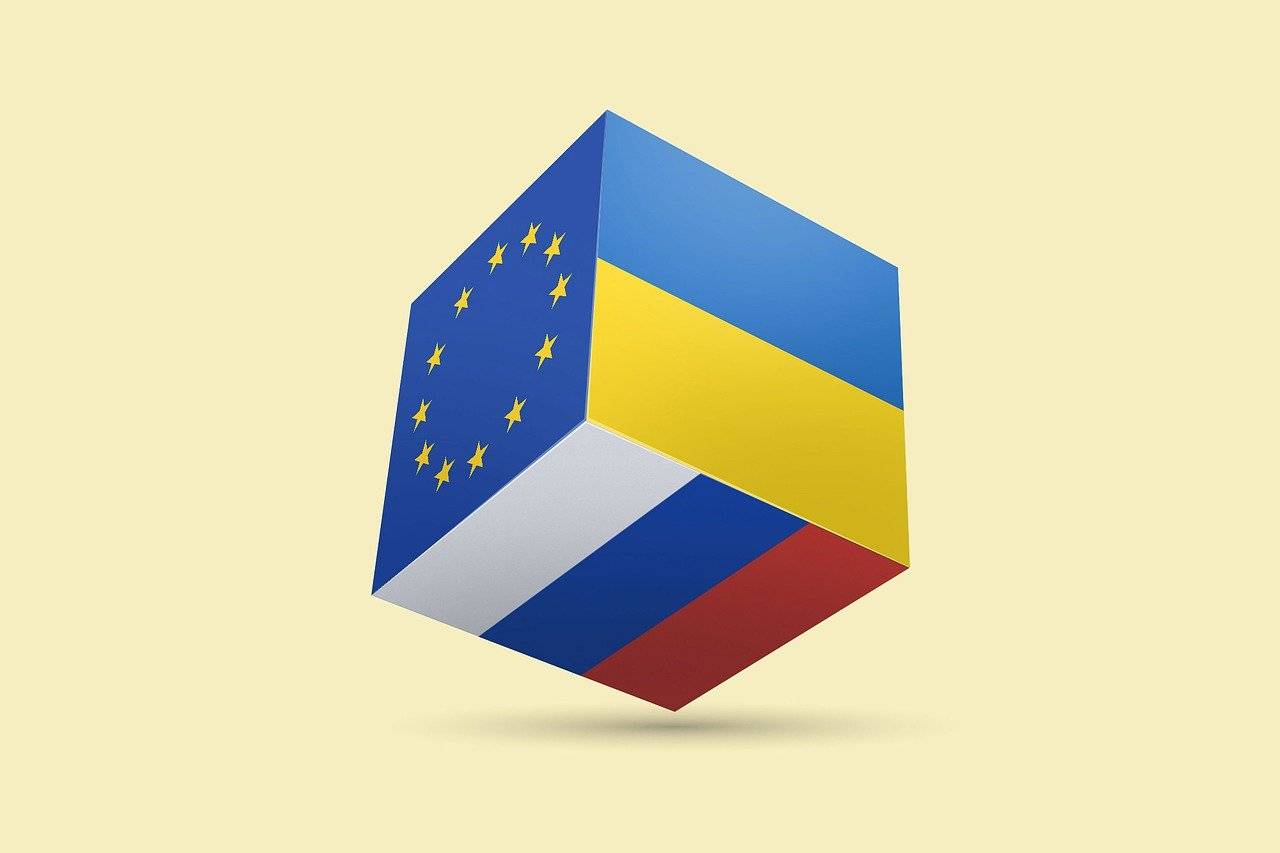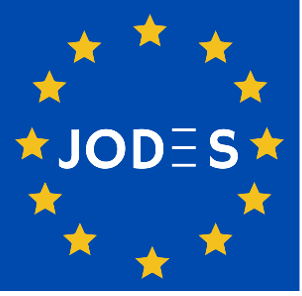Because of the war in Ukraine, the European Union has imposed sanctions on Russia and related parties. These are coercive instruments that are used, for example, in response to violations of international law and violations of human rights.
Consequently, there is an obligation under international law to maintain these sanctions.
The sanction policy also refers to the work of the enforcement agent.
Relevant legislative framework
Regulation (EU) No 269/2014 concerning restrictive measures in respect of actions undermining or threatening the territorial integrity, sovereignty and independence of Ukraine can be found through following link:
https://eur-lex.europa.eu/legal-content/EN/TXT/?uri=CELEX%3A32014R0269
All other regulations and decisions can be found through following link:
https://eur-lex.europa.eu/legal-content/EN/TXT/PDF/?uri=OJ:L:2022:042I:FULL&from=EN
Regulations:
- Regulation (EU) No 269/2014 concerning restrictive measures in respect of actions undermining or threatening the territorial integrity, sovereignty and independence of Ukraine
- Council Regulation (EU) 2022/259 of 23 February 2022 amending Regulation (EU) No 269/2014 concerning restrictive measures in respect of actions undermining or threatening the territorial integrity, sovereignty and independence of Ukraine
- Council Implementing Regulation (EU) 2022/260 of 23 February 2022 implementing Regulation (EU) No 269/2014 concerning restrictive measures in respect of actions undermining or threatening the territorial integrity, sovereignty and independence of Ukraine
- Council Implementing Regulation (EU) 2022/261 of 23 February 2022 implementing Regulation (EU) No 269/2014 concerning restrictive measures in respect of actions undermining or threatening the territorial integrity, sovereignty and independence of Ukraine
- Council Regulation (EU) 2022/262 of 23 February 2022 amending Regulation (EU) No 833/2014 concerning restrictive measures in view of Russia’s actions destabilising the situation in Ukraine
- Council Regulation (EU) 2022/263 of 23 February 2022 concerning restrictive measures in response to the recognition of the non-government controlled areas of the Donetsk and Luhansk oblasts of Ukraine and the ordering of Russian armed forces in to those areas
EU decisions:
- Council Decision (CFSP) 2022/264 of 23 February 2022 amending Decision 2014/512/CFSP concerning restrictive measures in view of Russia’s actions destabilising the situation in Ukraine
- Council Decision (CFSP) 2022/265 of 23 February 2022 amending Decision 2014/145/CFSP concerning restrictive measures in respect of actions undermining or threatening the territorial integrity, sovereignty and independence of Ukraine
- Council Decision (CFSP) 2022/266 of 23 February 2022 concerning restrictive measures in response to the recognition of the non-government controlled areas of the Donetsk and Luhansk oblasts of Ukraine and the ordering of Russian armed forces into those areas
- Council Decision (CFSP) 2022/267 of 23 February 2022 amending Decision 2014/145/CFSP concerning restrictive measures in respect of actions undermining or threatening the territorial integrity, sovereignty and independence of Ukraine
Sanctions
Council Regulation 269/2014 regulates travel restrictions and the freezing of funds and economic resources of certain persons responsible for actions which undermine or threaten the territorial integrity, sovereignty and independence of Ukraine, including actions on the future status of any part of the territory which are contrary to the Ukrainian Constitution, and natural or legal persons, entities or bodies associated with them. Those natural or legal persons, entities and bodies are listed in the Annex to the Regulation.
The other Council regulations and decisions as mentioned above extend and update such list.
In short, the sanctions mean that no business may be done with parties on the sanctions list and that their assets are frozen in the European Union. Among other things, it is forbidden to provide (financial) services or financing to parties on the sanctions list, including their own funds. The purpose of this is to prevent funds and/or economic resources from being made available directly or indirectly.
The sanctions have entered into force immediately.
Please be aware that the situation is changing rapidly, both in the nature and extent of the sanctions and in the parties affected by the sanctions. Therefore, at the slightest doubt, check the up-to-date information from an official source. Further details on the content of the sanctions can be found here:
Official Journal of the European Union, 23 February 2022
Everyone is obliged to comply with the imposed restrictions. Article 15 of Council Regulation 269/2014 demands that Member States lay down the rules on penalties applicable to infringements of the provisions of this Regulation and take all measures necessary to ensure that they are implemented. Acting in violation of the sanctions is an economic offence and can lead to criminal prosecution.
(The list of competent authorities per EU member state can be found as annex 2 to regulation 269/2014)
Sanctions list
The sanctions target Russia, individuals and entities that have played a role in undermining or threatening the territorial integrity, sovereignty and independence of Ukraine and all 351 members of the Russian Duma who voted in favour of calling on President Putin to recognise the independence of the self-proclaimed republics of Donetsk and Luhansk.
There are also sanctions against specific persons and companies from Ukraine, for example because they played a role in the misappropriation of Ukrainian state assets, the illegal annexation of Crimea or the destabilization of eastern Ukraine. Finally, sanctions apply to entities in Crimea or Sevastopol.
The full list of parties subject to sanctions can be found here.
(To use this site you need a (free) account. You can then download a PDF that you can search. Without an account, you can use this site, which is not officially binding.
Enforcement
As an enforcement agent, you may have to deal with parties on the sanctions list, both as an applicant or as a defendant. In addition, a party on the sanctions list may be or become a person for whom the enforcement agent is keeping funds.
We suggest that you contact your Government (i.e. Ministry of Justice) how to handle or in case you have any doubts.
Most laws from EU member states have certain provisions how to handle in case the enforcement agent receives an order to perform an official activity that might be considered as an act that is contrary to the international law obligations of your country. Such legal provisions also apply here. Such provisions most certainly will also apply in case the official activity has already been performed, as a result of which money is still being collected or held by the enforcement agent.






